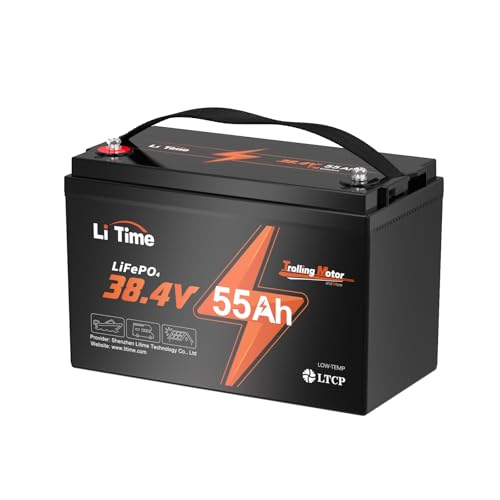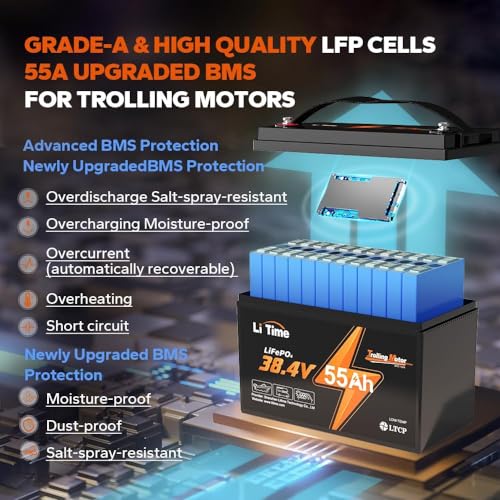Lithium Solar Batteries
You will find the best and affordable lithium ion and lithium iron phosphate batteries on the market, designed for homes, campers and off-grid power systems. With their superior energy density and safety, these batteries are capable of storing solar energy efficiently, ensuring that your system operates safely in a variety of environments. In addition, they have excellent cycle life and can be used for extended periods of time without degradation. Combined with high-efficiency solar panels, lithium solar batteries maximize energy use, giving you a clean, green energy experience.
Shop now and move towards a greener future!
Sort by
- Featured
- Best selling
- Alphabetically, A-Z
- Alphabetically, Z-A
- Price, low to high
- Price, high to low
- Date, old to new
- Date, new to old






















